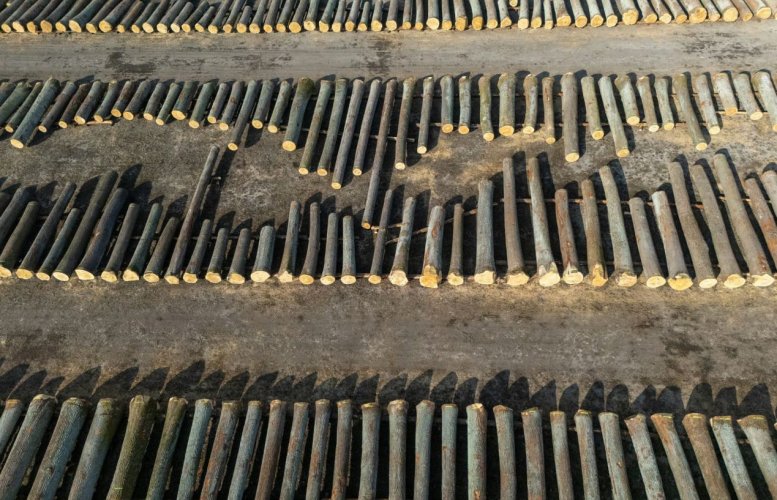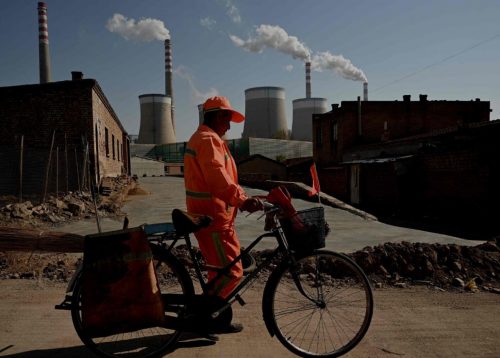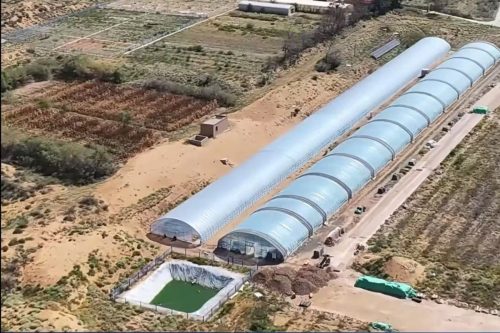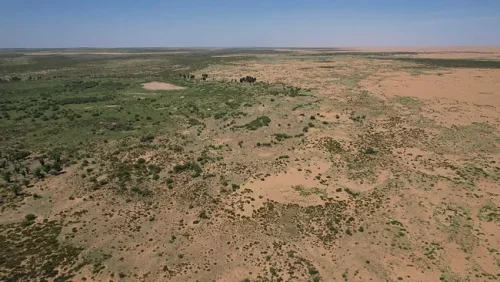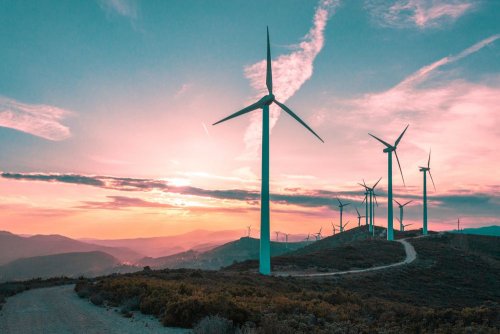Europe has postponed the adoption of a historic law against deforestation. It was supposed to strictly control the approval of products for which land is cleared by destroying forests. Such actions are at odds with the European Union's active "green" position on the COP and have given rise to accusations of double standards against the union.
According to Poltico, this confirms the view that the EU is backing away from its "green" ambitions. Earlier, ahead of the climate conference in Brazil, the European Union barely reached an agreement on a joint NDC, weakening its terms.
The law that was postponed
Some products, such as soy, coffee, and beef, are often produced in areas where forests have been cleared. The European Union was going to legislate restrictions on the supply of such goods, strictly controlling their origin. Activists considered the development of these standards a climate breakthrough, and their postponement dangerous and risky.
"This opens the door for EU lawmakers over the next year to repeal the regulation, which is Europe's most important attempt to combat the biggest driver of deforestation: clearing land for agricultural production," said Pierre-Jean Sol Brazier, an activist with the non-governmental organization Fern, which focuses on forests and rights.
Official reasons for the postponement
Some manufacturers immediately declared their readiness to implement the law. However, there were just as many complaints about its provisions. It was called too burdensome and bureaucratic. So the EU decided to appease the dissatisfied.
Large and medium-sized market operators were granted a one-year delay, while small ones were granted an even longer delay. The decision also included the possibility of revising the law. According to activists, this will weaken regulatory requirements.
Carte blanche for accusations
The EU was forced to become the world's climate leader when the US under Trump distanced itself from environmental goals. So at COP30 in Belém, the European Union is trying, practically on its own, to convince polluting countries to participate in measures to curb climate change. For example, China, which produces the most greenhouse gases in the world.
However, the PRC now has another argument to accuse the EU of hypocrisy. Such a postponement of significant environmental legislation confirms the general trend that European governments are moving away from "green" policies.
EcoPolitiс previously described the tense vote on the EU's joint nationally determined contribution, which led to concessions.
European officials have repeatedly accused the biggest polluters of unwillingness to take responsibility for the environment.
The leaders in greenhouse emissions – China, the United States, and India – even decided not to send their heads of state to the climate conference in Belém.

